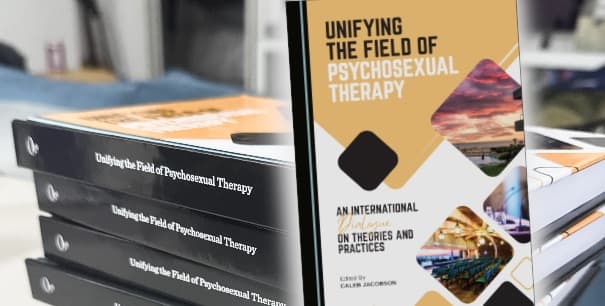ADHD’s false “I work well under pressure” mindset
There was a time in my life when I completed many tasks at the last minute. I wasn’t “actively” procrastinating starting or completing anything (so I thought); I simply filled my schedule with so many “quick and easy” tasks to check off my list every day.
Doing this made me feel better about myself… until it didn’t.
“Look how much I accomplished today!” was my daily mantra. With all the small and unimportant tasks I completed, I never had time for some of the really important things.
At the time, I would have never admitted to actively postponing the start of boring or repetitive tasks… except for monthly sales taxes. I actively and willfully procrastinated that until the last minute of the last day when they were due. Ugh! I hated filing the boring, repetitive, and unexciting monthly sales taxes.
Everything else I was “passively” (think passively-aggressively) avoiding I would promise myself I would eventually get to. Except this was a big lie I told myself.
I was not yet diagnosed with adult ADHD and I didn’t understand how I was living my life. Some people felt I had an excuse for everything I never finished.
Like the garage. Or the back yard. Or the front yard. Or the storage shed with all the bikes.
Yet, I rationalized, I accomplished a lot. I’ve written or co-authored 13 books. In one year, I presented 105 lectures at regional, national, and international conferences. I also had an exhibit booth at most of those events.
Good. Better. And not perfectionism!
Those are all good things to list on a resume.
As I reflect on my life, I ask myself what the opportunity costs were for each of those. What could I have done better?
I could have spent more time with my kids when they were young. I could have been better prepared with my exhibits instead of rushing last minute and always discovering I forgot “one or two” mission-critical items when I arrived at the venue. Perhaps I could have focused on me a bit more and arrived at this point in my life just a bit healthier. I could have had green grass when that was the fashionable thing.
Don’t fall into the crevasse that traps so many people with ADHD: perfectionism. You don’t have to do an absolute best to make a difference in your life.
#adhdtips
Take a hard look at your to do list. What are the top three tasks? Are they really the most important (and not just the most exciting)? Or have they just pushed the real important (and boring and energy-sapping) tasks down the list?
I’ve found that I am able to start and complete the horrible, boring things I have to do when I assist my brain in completing the dopamine cycle. By actively working to retrain the striatum deep in my brain, I am now able to think about THOSE tasks with less dread and frustration.
Put neurochemistry and physiology to work for you. Provide yourself a small treat when you begin the task. Award yourself a small treat half-way through the task. Reward yourself with a commensurate treat when you finish it.
Be patient with yourself. Over time, your brain can change.







